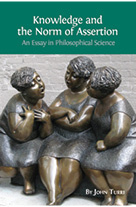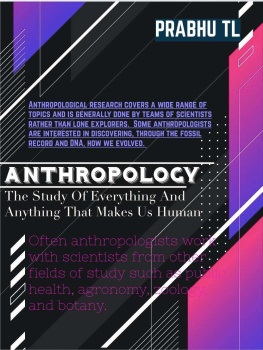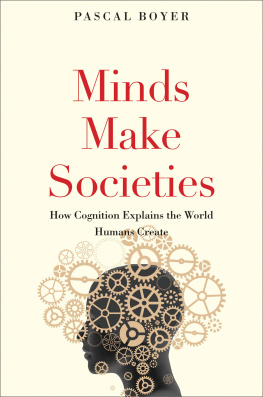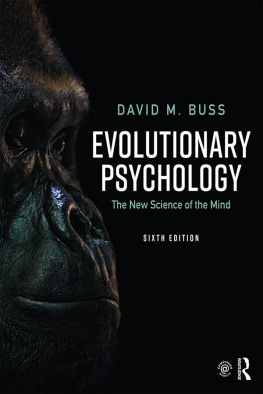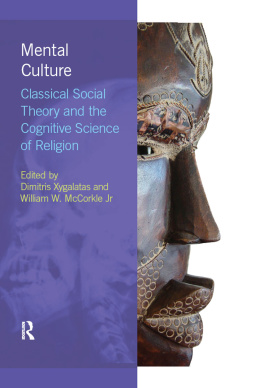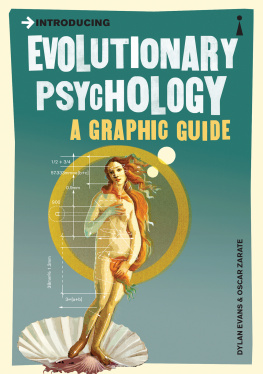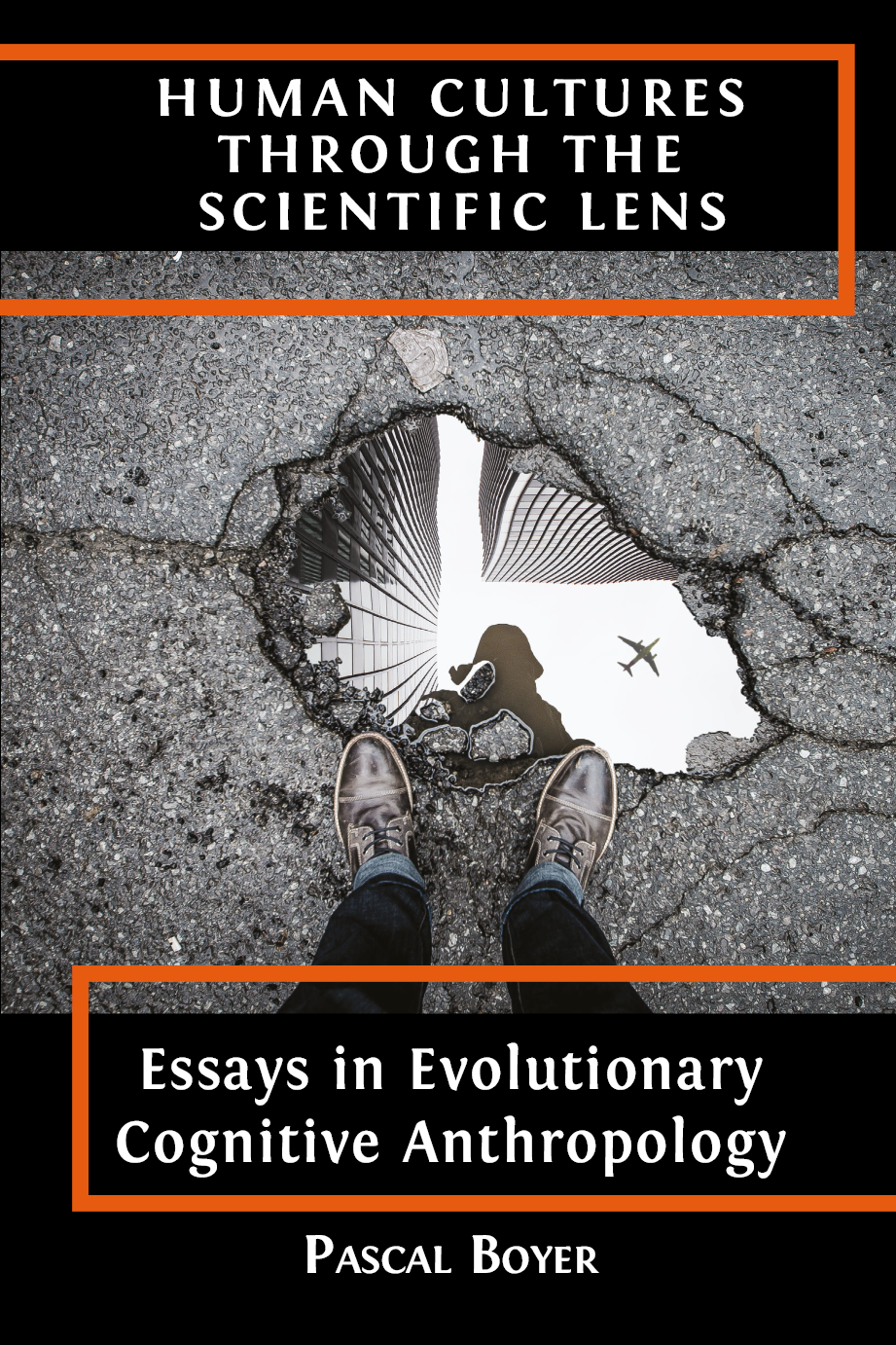Pascal Boyer - Human Cultures through the Scientific Lens: Essays in Evolutionary Cognitive Anthropology
Here you can read online Pascal Boyer - Human Cultures through the Scientific Lens: Essays in Evolutionary Cognitive Anthropology full text of the book (entire story) in english for free. Download pdf and epub, get meaning, cover and reviews about this ebook. year: 2021, publisher: Open Book Publishers, genre: Politics. Description of the work, (preface) as well as reviews are available. Best literature library LitArk.com created for fans of good reading and offers a wide selection of genres:
Romance novel
Science fiction
Adventure
Detective
Science
History
Home and family
Prose
Art
Politics
Computer
Non-fiction
Religion
Business
Children
Humor
Choose a favorite category and find really read worthwhile books. Enjoy immersion in the world of imagination, feel the emotions of the characters or learn something new for yourself, make an fascinating discovery.
- Book:Human Cultures through the Scientific Lens: Essays in Evolutionary Cognitive Anthropology
- Author:
- Publisher:Open Book Publishers
- Genre:
- Year:2021
- Rating:5 / 5
- Favourites:Add to favourites
- Your mark:
Human Cultures through the Scientific Lens: Essays in Evolutionary Cognitive Anthropology: summary, description and annotation
We offer to read an annotation, description, summary or preface (depends on what the author of the book "Human Cultures through the Scientific Lens: Essays in Evolutionary Cognitive Anthropology" wrote himself). If you haven't found the necessary information about the book — write in the comments, we will try to find it.
This volume brings together a collection of seven articles previously published by the author, with a new introduction reframing the articles in the context of past and present questions in anthropology, psychology and human evolution. It promotes the perspective of integrated social science, in which social science questions are addressed in a deliberately eclectic manner, combining results and models from evolutionary biology, experimental psychology, economics, anthropology and history. It thus constitutes a welcome contribution to a gradually emerging approach to social science based on E. O. Wilsons concept of consilience.
Human Cultures through the Scientific Lens spans a wide range of topics, from an examination of ritual behaviour, integrating neuro-science, ethology and anthropology to explain why humans engage in ritual actions (both cultural and individual), to the motivation of conflicts between groups. As such, the collection gives readers a comprehensive and accessible introduction to the applications of an evolutionary paradigm in the social sciences.
This volume will be a useful resource for scholars and students in the social sciences (particularly psychology, anthropology, evolutionary biology and the political sciences), as well as a general readership interested in the social sciences.
Pascal Boyer: author's other books
Who wrote Human Cultures through the Scientific Lens: Essays in Evolutionary Cognitive Anthropology? Find out the surname, the name of the author of the book and a list of all author's works by series.

